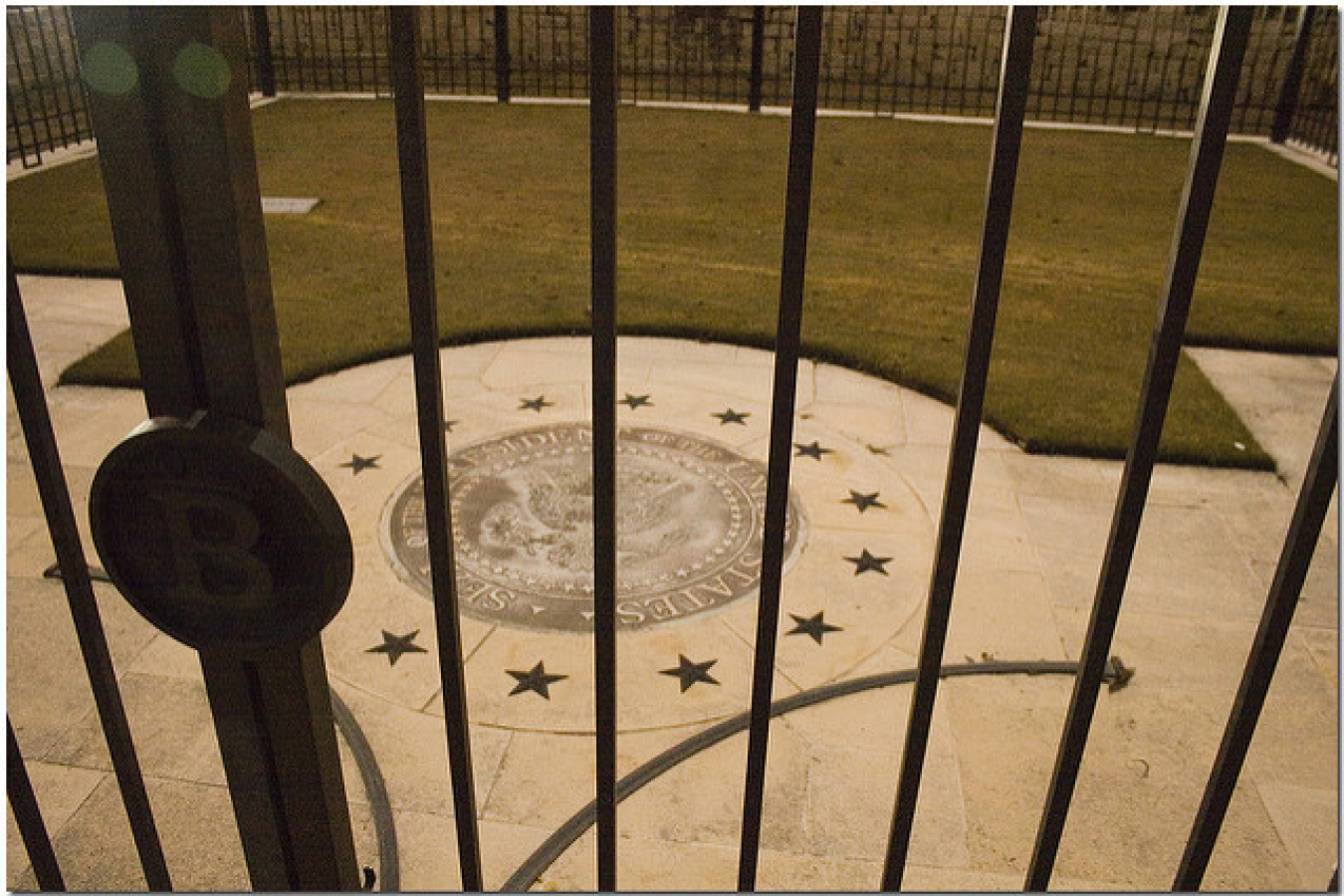Support migrant centric journalism today and donate

President George Bush has repeated his calls for new US immigration policies, including a "guest worker" scheme that would legalize the status of millions of people who are currently working illegally in the US, the Washington Times reports.
This suggests that he intends to keep his promise to make immigration reform a priority in his second term. The cornerstone of the administration's plans is a scheme to permit up to 12 million illegal aliens (immigrants) to apply for renewable three-year work visas to do jobs that Americans don't want to do.
"It is time for an immigration policy that permits temporary guest workers to fill jobs Americans will not take, that rejects amnesty, that tells us who is entering and leaving our Country, and that closes the border to drug dealers and terrorists," the President said in his State of the Union speech on February 2.
Mr. Bush claims that his plan is not an amnesty as in the 1986 Immigration Reform and Control Act that gave an amnesty to 2.7 million illegal residents. However, critics in Congress say that is exactly what he is proposing, and that it would reward people who break the law. Several powerful legislators from the President's own Republican Party oppose the President's proposals. The House of Representatives is expected to vote next week on another plan by F. James Sensenbrenner Jr., Chairman of the House Judiciary Committee, which would ban undocumented aliens from obtaining driver's licenses and would make it more difficult to be granted political asylum. Liberal critics have also attacked the President's proposals as it will not extend health and minimum wage benefits to those who come under this scheme, and will not lead to US citizenship.
There is however strong backing from the general population for the Presidents proposals. According to opinion polls over 60 percent of Americans want undocumented people already in the Country to be allowed to stay and legalize their status. Several prominent senators are proposing schemes similar to the President's which suggests that he may have an easier time with his proposals in the upper house (US Congress).





















